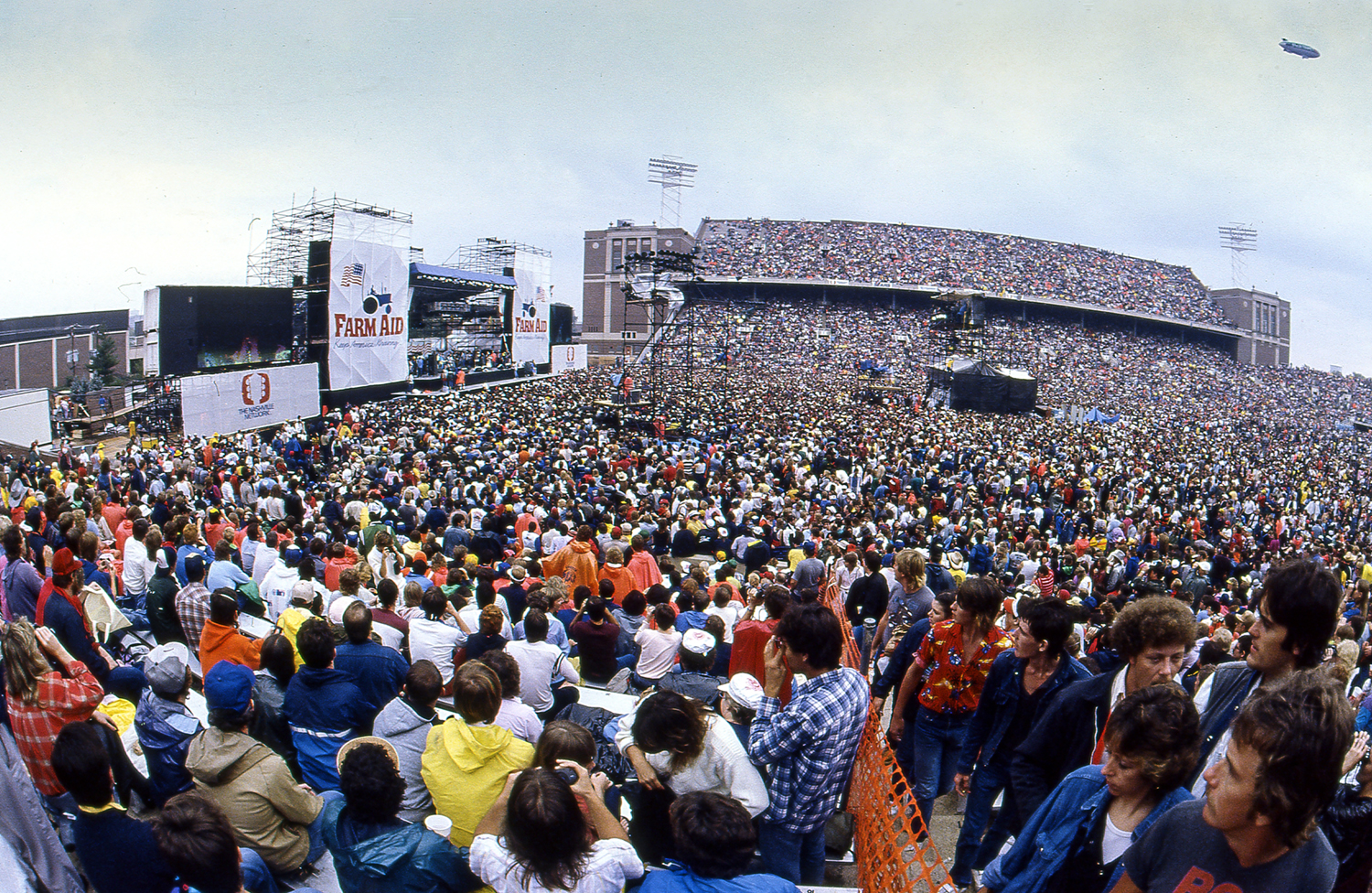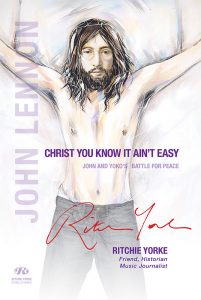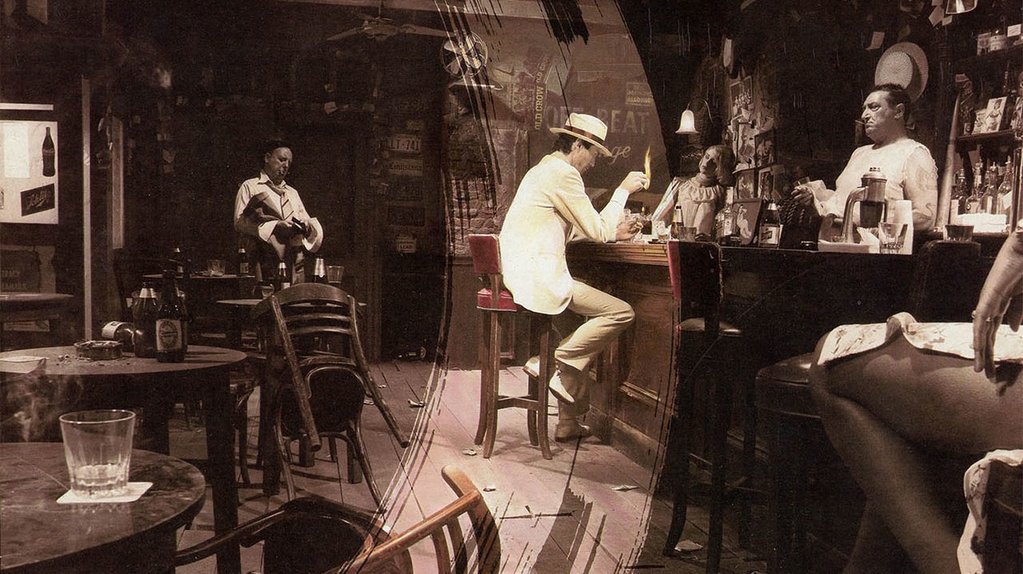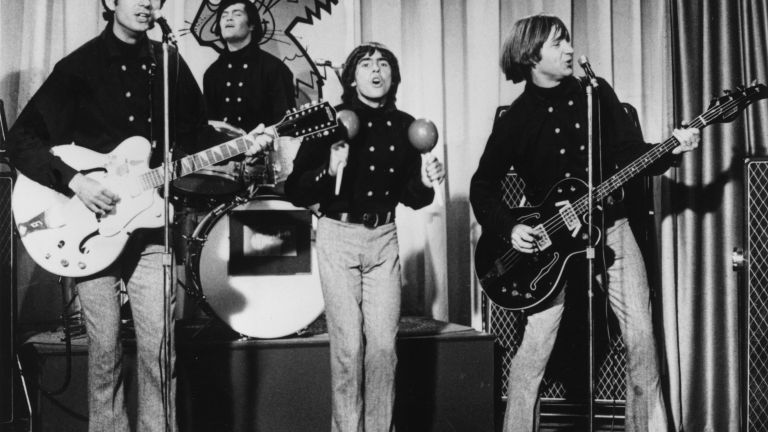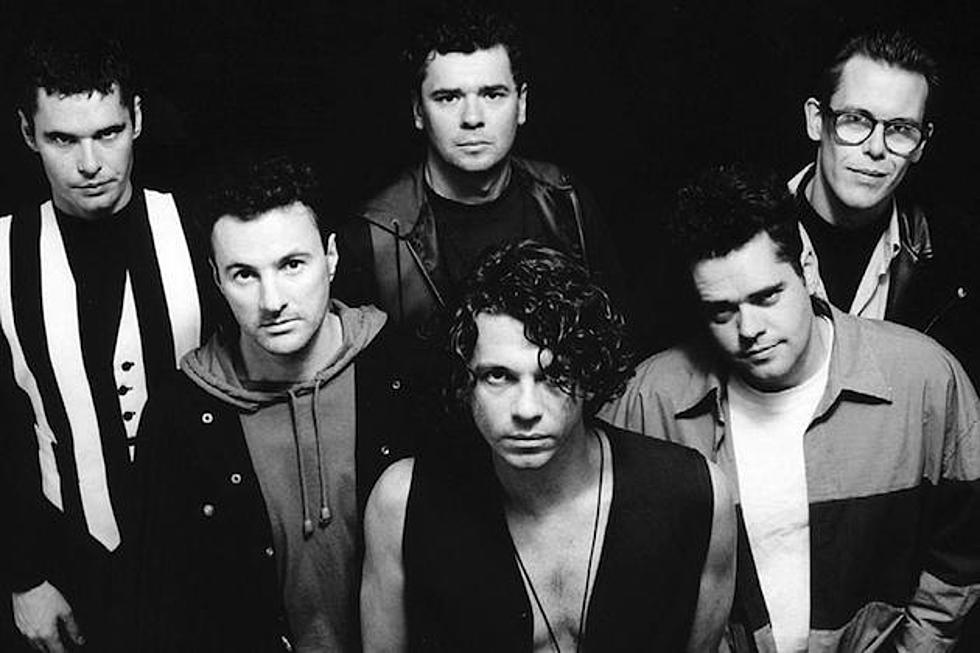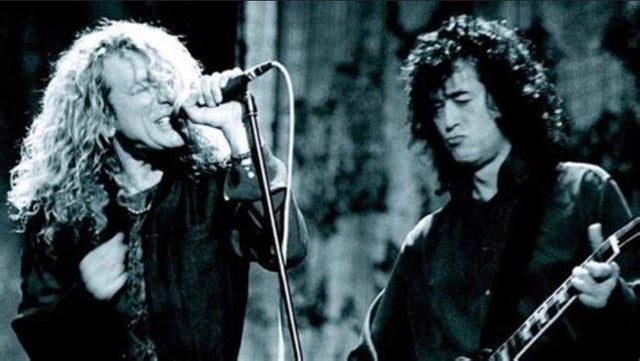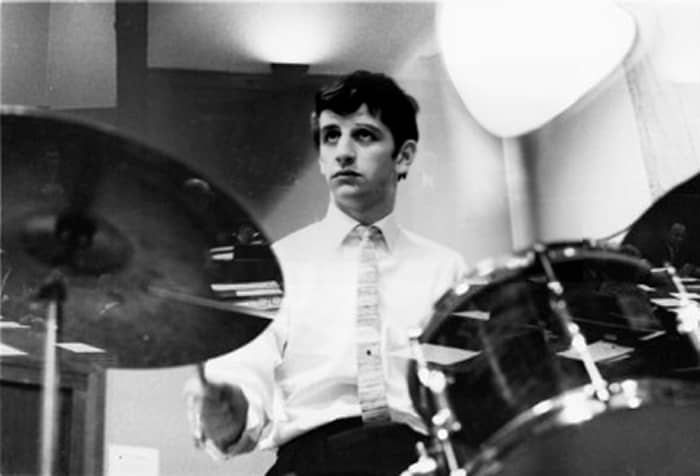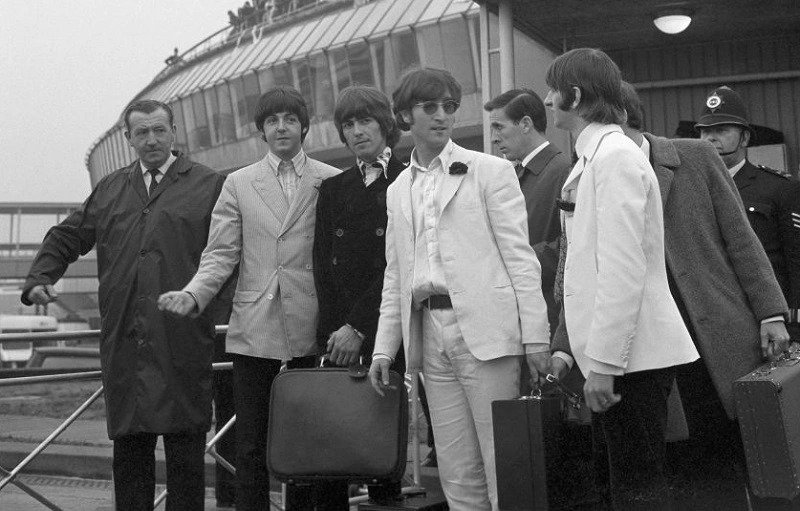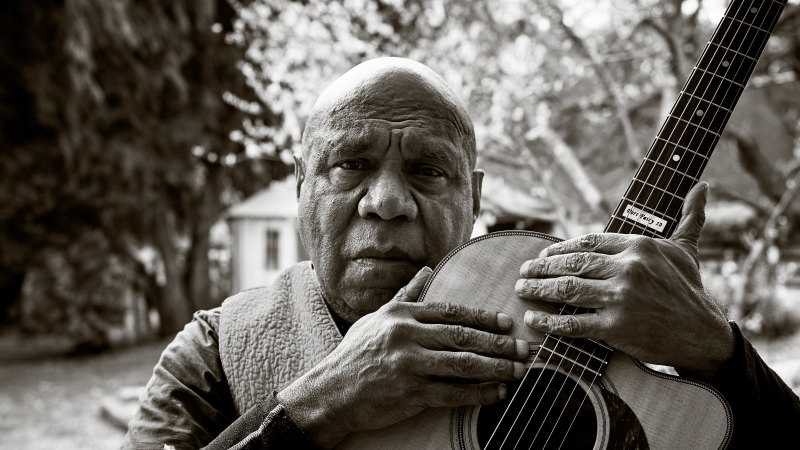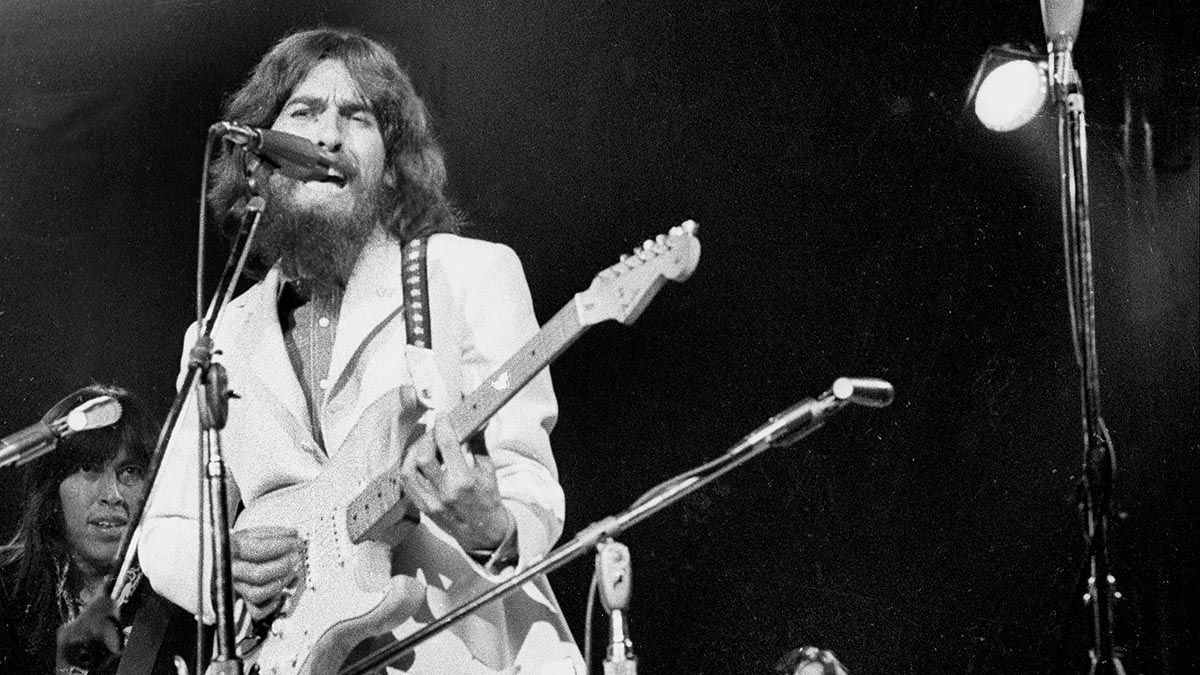This week as Australia mourns the loss of one of our Indigenous legends, Archie Roach, we here at the Ritchie Yorke Project decided to focus on his incredible life and achievements rather than our usual Throwback Thursday. Archie Roach was a legend of Australian music and a staunch supporter of Indigenous rights in our country, and his contributions have led to great advancements in our relations with Indigenous Australians.
Archie Roach was born in 1956, during the times of the Stolen Generation, a policy started by the Australian Government that forcibly removed Aboriginal and Torres Strait Islander children from their families, based on an assumption that Indigenous peoples were dying off. The horrific logic determined that these stolen children would marry into white society and eventually be assimilated. In practice, the Stolen Generation movement led to abuse, neglect, poverty and addiction issues amongst the generation.
Roach was born in Mooroopna, Victoria and when he was two or three was forcibly removed from his parents custody, along with his sisters and placed in an orphanage. He was placed in two unpleasant foster care arrangements before being adopted by a family of Scottish immigrants, who taught him the basics of guitars and keyboards and broadened his musical horizons. At fifteen years old, he was contacted by his sister who informed him his mother had died. He spent the next fourteen years battling alcoholism and homelessness. During this period he met his wife and musical partner Ruby Hunter who strongly supported and encouraged his efforts throughout his entire career.
In the late 1980’s Roach and Hunter formed their first band, the Altogethers and moved to Melbourne, where Roach wrote “Took the Children Away” based on his experiences as part of the Stolen Generation. Australian musical legend Paul Kelly invited Roach to perform the song at one of his concerts where it was meant with stunned silence and then thunderous applause. Emboldened by this experience, Roach decided to write his debut solo album, Charcoal Lane, which was certified gold and awarded two ARIA Awards. Roach went on to write another nine incredible albums and opened for huge acts like Bob Dylan, Tracy Chapman and Joan Armatrading.
Roach is remembered not just for his musical efforts, but also his dedication to activism and the rights of Aboriginal and Torres Strait Island peoples. Roach was an elder of the Gunditjmara and Bundjalung people and strongly advocated for their rights and freedom. Throughout his career, he has written numerous songs regarding the Stolen Generation and other mistreatments of First Nations people. In 2013, he called on recently elected Prime Minister Tony Abbott to end the Northern Territory Intervention, a largely discriminatory set of restrictions placed on Aboriginal communities in the territory, including changes to education, employment, health, welfare payments and restrictions on the purchase of alcohol. In 2014 he started the Archie Roach Foundation alongside a number of significant elders, a charity designed to nurture meaningful opportunities for First Nations artists, including coaching youth to make positive choices and encouraging creative projects amongst Indigenous people.
Roach has been honoured numerous times for his efforts, musically and otherwise. In 2011, he was amongst the first to be inducted to the Victorian Aboriginal Honour Roll. In 2015 he received a Member of the Order of Australia for services to music and as prominent supporter of social justice. In 2020, Roach was named Victoria Australian of the Year. He has received 8 ARIA awards from 21 nominations. He has also received a Red Ochre Award form the Australia Council for the Arts, a Don Banks Music Award, a J Award, an APRA award, two Mo Awards, a Music Victoria Award, A National Dreamtime Award, four National Indigenous Music Awards and eight Deadly Awards. Roach is also an inductee of the ARIA Hall of Fame, the Music Victoria Hall of Fame and the National Indigenous Music Awards Hall of Fame. In 2013 he was awarded The Lifetime Contribution Award For Healing The Stolen Generations by the Deadly Awards. This year, two pillar shaped monuments were erected on the shores of Lake Bonney at Barmera in honour of Archie Roach and wife Ruby Hunter. The artwork on each totem depicts Hunter’s Ngarrindjeri totem, the pelican and Roach’s totem, the eagle.
Archie Roach, tragically passed away on the 30th of July 2022. He is important to the Australian people not just as a musician, but for his tireless efforts in advancing the rights and recognition of Indigenous peoples in this country. Songs like “Took The Children Away” showed the power of using music to bring attention to social injustices like the horrific mistreatment of Aboriginal families, while charitable work like fostering youths and forming the Archie Roach Foundation have performed an invaluable role in beginning to heal the divides formed in Australia. He will be remembered as a powerful songwriter, performer, artist and advocate. The Ritchie Yorke Project encourages you to read further obituaries and accounts of his incredible life, as well as to listen to some of his amazing music. As Ritchie and John agreed, music is the instrument to social change.
A link to more information about the Archie Roach Foundation, as well as to donate is available here.
Rest In Peace Archie Roach
1956-2022

